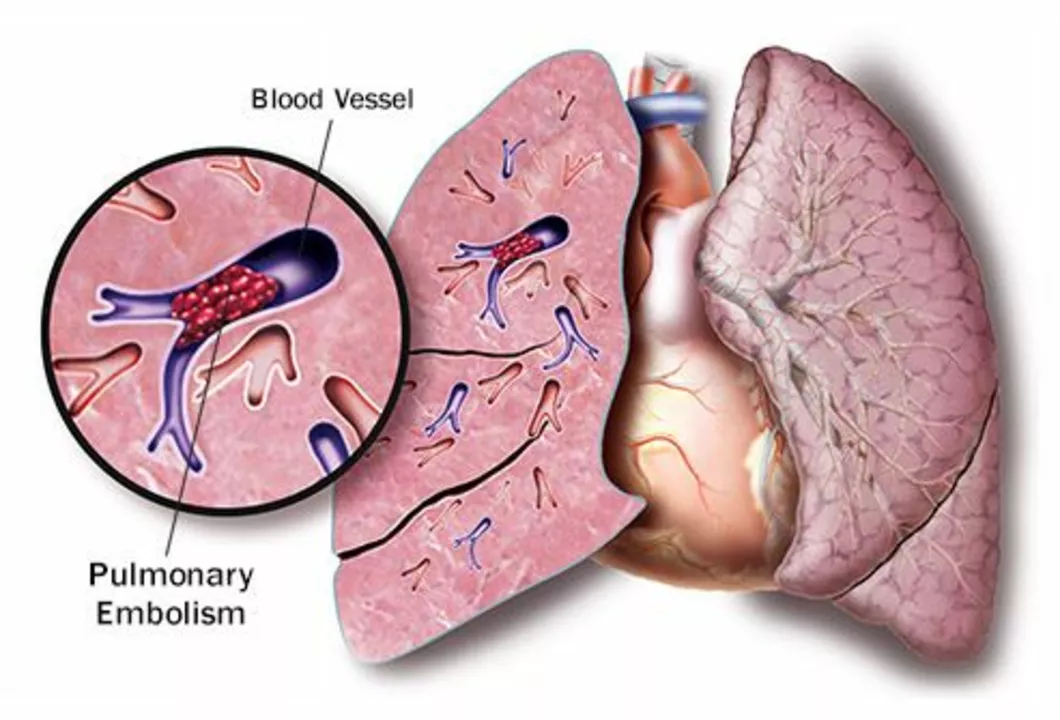Psychological Impact: Understanding How Health Choices Shape Your Mind
Ever notice that a new prescription makes you feel more anxious, or that a chronic condition drains your motivation? You’re not imagining it. The drugs we take and the illnesses we manage can change how we think, feel, and act. This page breaks down the most common ways health choices affect mental wellbeing and gives simple steps to stay balanced.
Medication‑Related Mood Shifts
Many medicines have a side‑effect profile that includes mood changes. Beta‑blockers like atenolol, for example, can cause fatigue or mild depression in some users. Antidepressants themselves may initially increase anxiety before they start working. Even over‑the‑counter pain relievers can interfere with sleep, leading to irritability the next day.
The key is awareness. Before you start a new drug, read the patient information leaflets for any mention of “mood” or “behavior.” If you notice a sudden swing in emotions after a few days, jot it down and share the note with your pharmacist or doctor. They can adjust the dose, switch to another brand, or suggest a short‑term coping plan.
Practical tip: keep a simple mood chart. Rate your energy, anxiety, and happiness on a 1‑10 scale each evening. Over a week you’ll see patterns that help both you and your prescriber decide if the medication is worth the trade‑off.
Living with Chronic Conditions
Chronic illnesses such as diabetes, Parkinson’s disease, or asthma don’t just affect the body—they shape daily thoughts. The constant need to monitor blood sugar or worry about a flare‑up can create a background buzz of stress. Over time that stress may turn into low mood, sleep problems, or even avoidance of treatment.
One effective way to cut this psychological load is to focus on what you can control. Set up a routine for medication reminders, keep all your prescriptions in one place, and use apps that track symptoms. When the process feels automatic, mental energy frees up for other activities.
Another simple move: talk about it. A brief chat with a friend, family member, or an online support group can turn isolation into shared experience. Even posting a short update on a health forum gives you feedback and reassurance that others have walked the same path.
Overall, recognizing the psychological impact of your health choices is the first step toward better mental balance. Keep an eye on mood changes when starting new meds, track how chronic conditions affect your daily thoughts, and use easy tools like charts or apps to stay organized. If something feels off, reach out to a healthcare professional—most will adjust treatment before it becomes a bigger problem.
By staying proactive and honest with yourself, you can manage both the physical and mental sides of health without letting one dominate the other. Your mind deserves the same care you give your body.
The Psychological Impact of Pulmonary Embolism: Coping with Anxiety and Fear
As a pulmonary embolism survivor, I can't stress enough the psychological impact this condition has had on my life. The constant anxiety and fear of another clot forming have become an overwhelming part of my daily routine. In my journey to cope, I've found that talking to a therapist, joining support groups, and practicing mindfulness have greatly helped in easing my worries. Additionally, educating myself about my condition and knowing the warning signs has given me a sense of control. Remember, you're not alone in this battle, and seeking help is crucial for your mental well-being.
read more